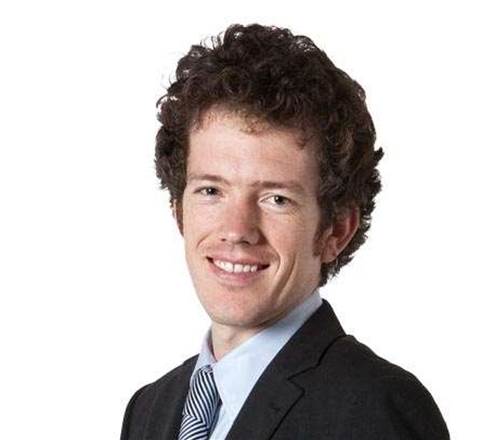At its first partner conference since the Nortel acquisition, Avaya wanted to send the IT world a message - if not several.
President and CEO Kevin J Kennedy (eight years at Cisco) talked about Avaya's dream to be recongised as a specialist in business communications and not a "department store".
Global sales and marketing VP Todd Abbott (eight years at Cisco) added that while unified communication was the "number one priority" the company woud still compete in the data business. "Make no mistake about it," said Abbott.
VP of worldwide channel Jeremy Butt (four years at Cisco) said he thought the company's transition from 65 percent channel sales in the Asia Pacific to 85 percent would be a "three or four year journey".
Global communications solutions president Dr Alan Baratz (who had just finished designing Cisco's core operating system, IOS) promised that Avaya would continue Nortel's "best of class" core modular switching for the data centre.
I couldn't help feel that Avaya (shh, we're after Cisco) was trying to tell me something. I just couldn't put my finger on it.
Acquiring Nortel, a networking specialist, put the unified comms vendor directly in the firing line of the world's largest networking company, Cisco. In enterprise telephony by global market share, Avaya sits in the top tier (10-25 percent) with Cisco. In contact centre, Cisco shares the second tier with Genesys but well behind Avaya's 35-40 percent.
A large chunk of the executive suite had been hired directly from the competition just a year ago.
How was Avaya going to handle the Cisco question?
Mainly, it turned out, by accentuating the differences.
Kennedy was not shy in criticising his alma mater. "The number one challenge that Cisco has is that they have become monopolistic and arrogant, and I think that's a challenge," he said. Cisco's run of acquisitions has meant a constantly expanding range of technologies - approaching the breadth of a HP or IBM.
This meant the vendor was competing architecturally with the biggest IT companies. "Cisco is going to struggle with culture, architectural change and broad competition," said Kennedy.
Abbott slammed Cisco for its channel strategy. "There are too many channels in Cisco. It drives the margins out for their partners; it's well documented in the industry," he said. He added that Avaya was committing to its partners that it would not "over-cover" this industry by using a common price list and a comon discount structure.
The ex-Cisco Avayans wanted to demonstrate that Avaya, which used to be overly complex in the way it dealt with its resellers, could be as easy to deal with as Cisco is.
Avaya's strategy for handling Cisco is to aim for the UC niche rather than compete head-on in networking. Kennedy compared the plan with Salesforce's success against Oracle and SAP.
"Being one more big competitor is just going to annoy people. We are leaving the HPs and IBMs to tackle the Cisco," said Kennedy.
Avaya's smartest move has been to go for a "wrap and embrace" approach which means its products can be added on top of other vendors' - classic best-of-breed. It's also a good differentiator from Cisco's "rip and replace" policy.
It's a good story for its resellers, and they're going to need it. Cisco has built up some great momentum with its Unified Computing System hardware, industry alliances and a well-oiled channel.
Avaya may want to sidestep the Cisco train, but that's hard to do when Cisco is often the vendor that owns the network.
Sholto travelled to the Avaya's Asia Pacific Partner Conference in Beijing as a guest of Avaya.





.png&h=142&w=230&c=1&s=1)

_(21).jpg&h=142&w=230&c=1&s=1)




.jpg&w=100&c=1&s=0)
_(8).jpg&w=100&c=1&s=0)











